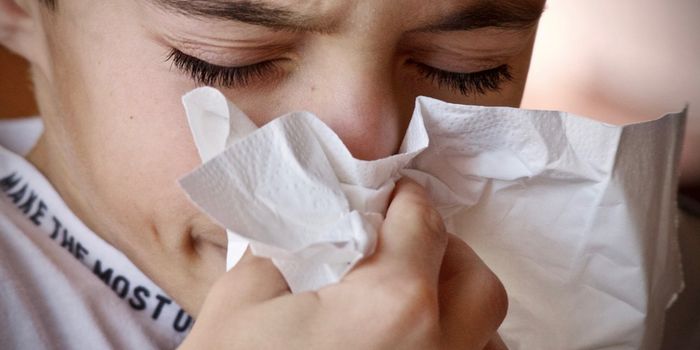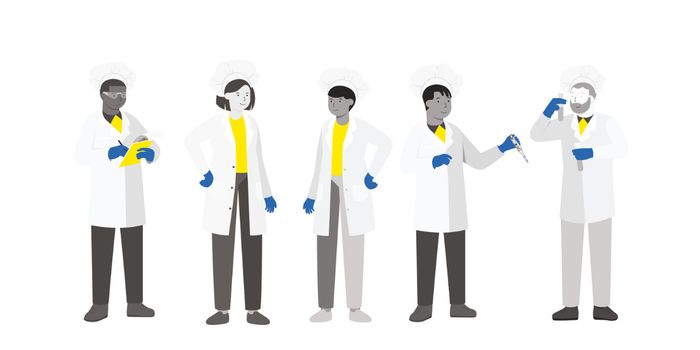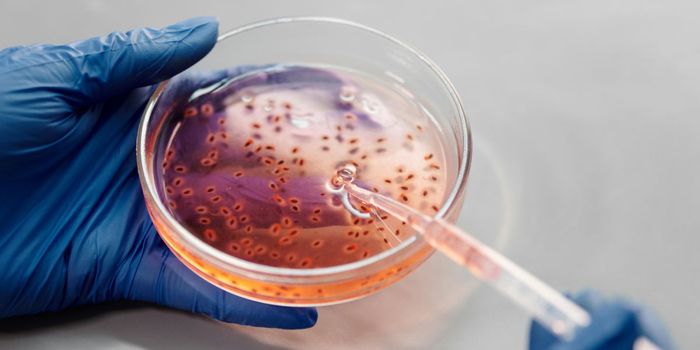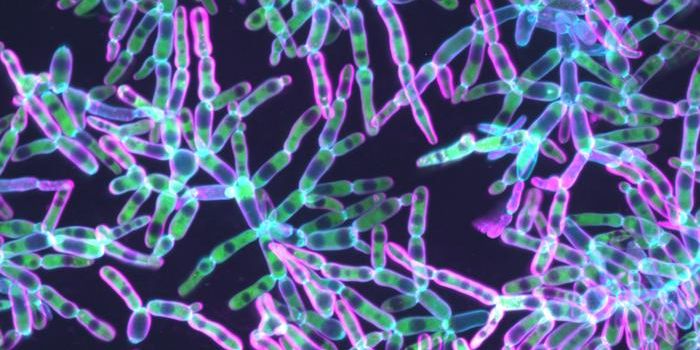Antarctic Microbes Can Make Proteins That Work Like Antifreeze
Single-celled organisms have managed to make a home almost everywhere, including inside many animals' guts and in nearly all of the world's environments, from hot, geothermal vents to the cold glaciers of Antarctica. Researchers have now shown that gut bacteria that live inside of Antarctic marine worms carry proteins that can work like antifreeze. The bacterial proteins help keep the internal liquids of those marine worms moving along as they should. The findings have been reported in Science Advances.
In this study, the investigators isolated three species of marine worms called polychaetes from sediment that was collected from three coastal regions of Antarctica along the Ross Sea. These worms are commonly found on the ocean floor in the area. The water temperature was less than zero Celsius while the team was there.
All three species of worms were shown to carry two bacterial species: Meiothermus and Anoxybacillus. While these microbes were once thought to only exist in warmer climates, this work has suggested otherwise. The microbes were not found in the sediments themselves, however, only inside of the worms. Therefore, the scientists also hypothesized that these bacteria are passed down from the worms to their offspring.
The bacteria make proteins that can stop ice from forming in the guts of the worms by reducing water's freezing point.
These 'antifreeze' proteins have also been found in some well-adapted creatures like icefish. Studies have suggested that most other Antarctic animals don't make those proteins but can still survive those cold climates. These microbes may be one way they do it.
The microbial proteins are known to aid in cold tolerance. Two of them, for example, are enzymes that lead to the production of glycerol and proline; these proteins could protect carriers against extreme cold “due to their ability to reduce the freezing point of internal liquids,” explained Cinzia Corinaldesi, a marine ecologist at Marche Polytechnic University.
Bacteria can often provide beneficial functions that their hosts cannot perform on their own, and this work has highlighted how crucial some of those functions may be. The relationship is often mutually beneficial as well. In this case, for example, the bacteria get a safe place to live, noted Corinaldesi.
The researchers want to learn more about the microbes found in Antarctic animals' microbiomes, and their symbiotic relationships with their hosts. These connections could help us to "understand many secrets of life adaptation to extreme conditions," said Corinaldesi.
Sources: Science News, Science Advances


![[Guide] 7 Strategies to Boost Laboratory Collaboration](https://d3bkbkx82g74b8.cloudfront.net/eyJidWNrZXQiOiJsYWJyb290cy1pbWFnZXMiLCJrZXkiOiJjb250ZW50X2FydGljbGVfcHJvZmlsZV9pbWFnZV83YzBjZWIwM2Y5YzI4MmFlYzBhZDZhMTcyNTQ1ZGU3YmE4Y2MzMDYyXzUxNDkuanBnIiwiZWRpdHMiOnsidG9Gb3JtYXQiOiJqcGciLCJyZXNpemUiOnsid2lkdGgiOjcwMCwiaGVpZ2h0IjozNTAsImZpdCI6ImNvdmVyIiwicG9zaXRpb24iOiJjZW50ZXIiLCJiYWNrZ3JvdW5kIjoiI2ZmZiJ9LCJmbGF0dGVuIjp7ImJhY2tncm91bmQiOiIjZmZmIn19fQ==)






